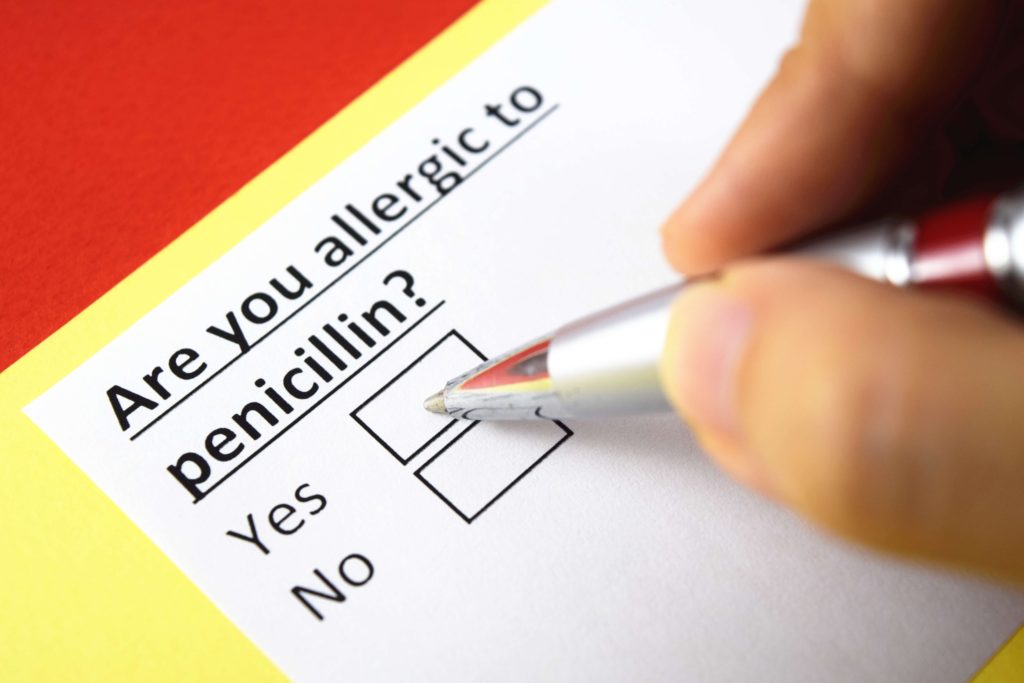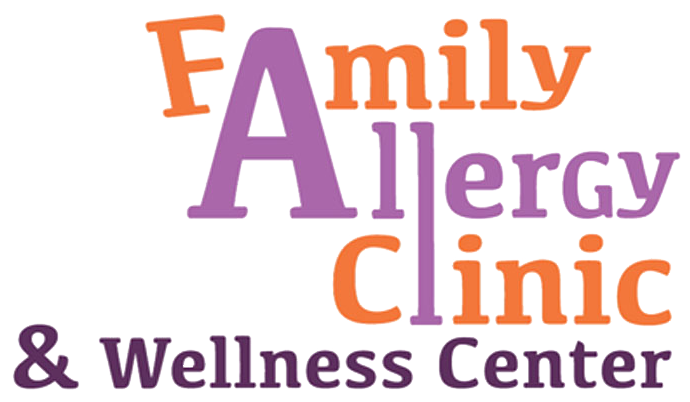Do you know that an estimated 9 out of 10 patients reporting a penicillin allergy are not truly allergic? Approximately 98% of hospitalized patients with a history of a penicillin allergy will have a negative penicillin allergy test². Have you always been told you have a penicillin allergy, but are unsure of the reaction or how it was diagnosed? Why does this matter?
There are several preventable negative outcomes resulting from an inaccurate penicillin allergy diagnosis. An inaccurate diagnosis raises the cost of treatment and patients have a threefold increased risk of adverse events. Some of the adverse events include increased days in the hospital, more Vancomycin-Resistance Enterococci (VRE) infections, higher incidence of C. difficile and MRSA infections. Correct identification of penicillin allergies can also combat the risk of superbugs.
September 28 has been deemed National Penicillin Allergy Day to raise awareness of the impact of carrying a penicillin allergy label. It is important to know your true allergy history. Ask your allergist or healthcare provider if you are a candidate for penicillin allergy testing. The test is easy and takes about an hour.


